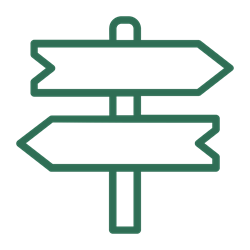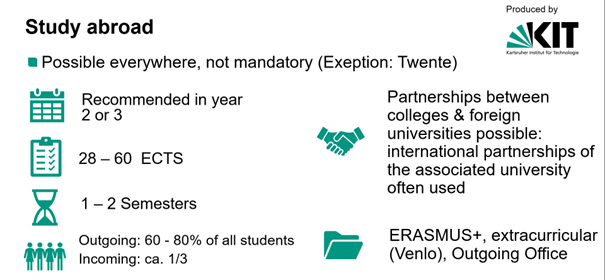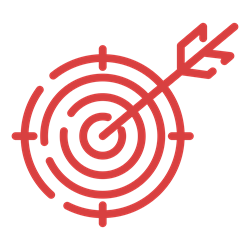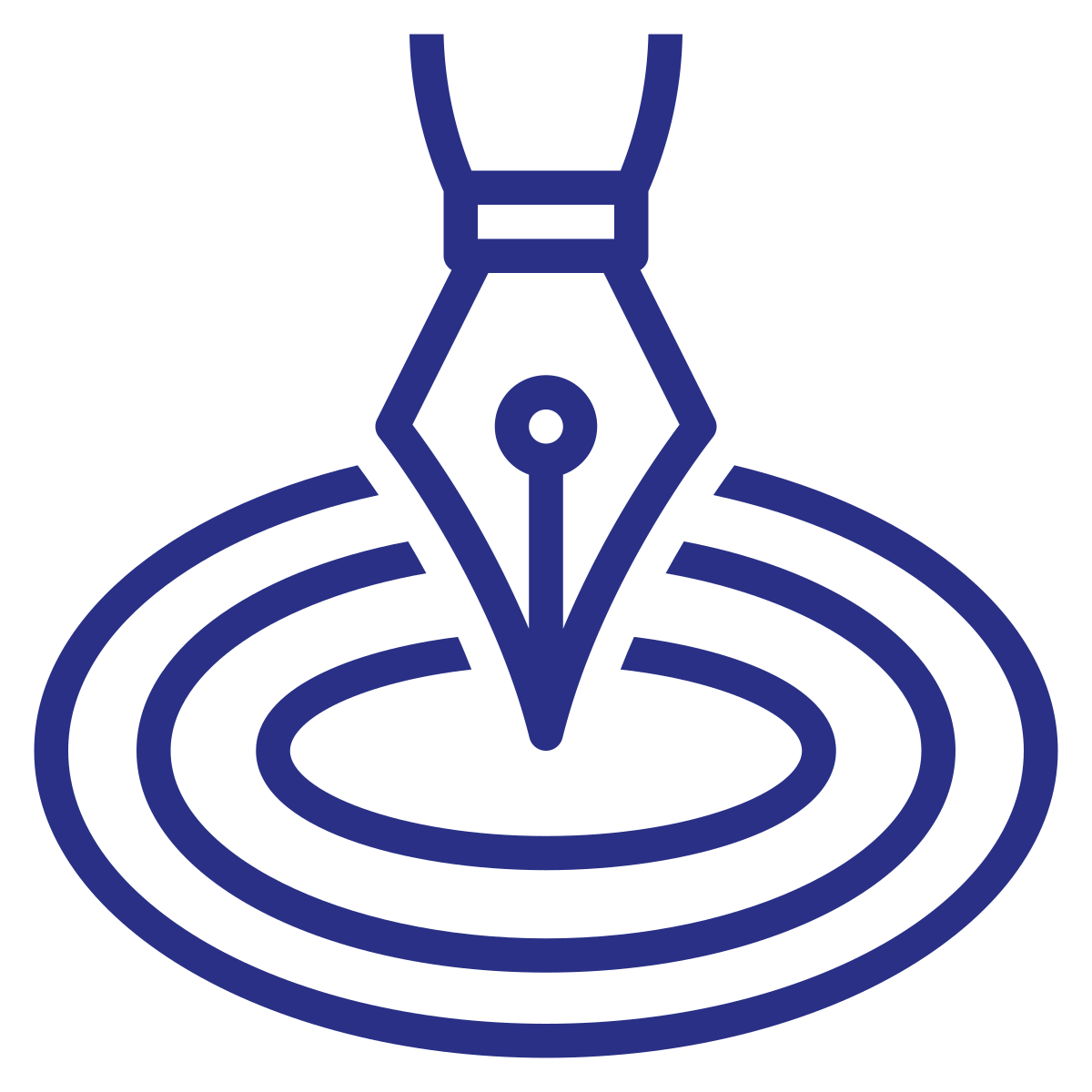EPI-WIKI
Tabs
Integration of Study Abroad, Internships, etc.

How can study abroad and co-curricular activities (e.g., internships and service learning) enhance an LAS program?
Considerations
"Participation in student organizations, study abroad, community service, internships, volunteer work, work-study programmes and related opportunities provide students with the means to contribute actively to society at large and to learn the importance of community engagement. This is what is meant when defenders of LAS speak of educating “the whole person”. Course content is just one aspect of many that make up the overall fabric of an LAS education. It is the critical blending of each of these curricular and co-curricular elements that ultimately distinguish an LAS graduate." (ECOLAS Blaster Handbook)
Approaches taken by EPICUR partner institutions
Students at AUC are required to complete at least one Community Project or Internship as part of the curriculum. This is typically done in their second or third year. Students enrol for a Community Project or Internship as a separate course, which must meet the minimum hour requirements for a course of 6 ecp. This translates to 168 hours in total. This can be done either in January or June by working fulltime (40 hours per week over four weeks) or during the 16-week period by working about 10 hours per week. Community Projects and Internships can also be completed over the summer.
While completely optional and not a required part of the programme, AUC students are allowed to take up to 42 credits of the 180 credits required to graduate as off-campus courses. Off-campus courses can be taken in the second or third year of their studies as part of an exchange programme abroad, at VU Amsterdam, the University of Amsterdam (UvA) or any other university. To take an off-campus course, AUC students must first submit a request to AUC's Board of Examiners or AUC's International Office (if studying abroad) to have the course approved before enrolling.
Students may choose to take a semester abroad at one of AUC's partner institutes or at one of UvA/VU's exchange partners. Students will typically study abroad during the second semester of their second year or the first semester of their third year. Depending on their choice of destination, students may take courses that count toward their major requirements or as electives.
Students are encouraged to spend part of their studies abroad, and about 80% do so – usually during their third year.
Students who want to go on UCF exchange programs should apply during their second year of studies. The third LAS year is the best time for spending a semester or two abroad. Planning a stay abroad has to be initiated well before that. LAS students can go abroad via UCF partnerships, other Erasmus programs, the International Office, or as free movers. And all LAS students can study at any of the regional EUCOR universities during their time in Freiburg.
The double degree program between the University Colleges Freiburg and Maastricht highlights our close partnership and the commonalities between our LAS programs. Students who participate in the program spend the third year of their UCF LAS degree in Maastricht. At the end of their four-year program, they earn a Bachelor's degree in Liberal Arts and Sciences from UCM in addition to the Bachelor's degree from UCF.
The program is open to a maximum of five students per academic year on each side. UCF students, for whom fees are waived at UCM, can choose courses from the UCM Course Catalogue during their year in Maastricht; prerequisites may apply. For Freiburg students, the exchange year follows the UCM calendar.
LAS is an academic program that also seeks to be supportive of students’ professional and career aspirations. To that end, internships (e.g., in a company, a branch of government, an NGO, etc.) and practical projects (e.g. in the fields of education, social work, the arts, or in certain cases sports) can receive ECTS credit to the extent that they are academically relevant and undertaken as a form of self-directed inquiry. Credit for internships andpractical projects is assessed as pass/fail (Studienleistung) and counts towards your Electives. Credit is not recognized for the internship or project as such (e.g. work in an organization), but rather for the documented academic relevance and spirit of inquiry of the work. Credit recognition is based on the quantity of academically relevant work and study hours, not the total time invested in the project or internship. Internships and projects should be broadly congruent with your academic and professional goals and should tangibly contribute to your intellectual development and/or knowledge base. Detailed guidelines are available on ILIAS. (Source: student handbook).
Students are permitted to study abroad based on arrangements made by Faculty of History within the ERASMUS program. Given the relative scarcity of LAS Programs in Europe, students are advised to find classes from different faculties that would jointly best approximate the LAS curriculum for the semester of their mobility.


Learning Aims and Educational Philosophy

Curriculum Design

Programme Size and Target Group

Language of Instruction
Related Wiki pages
These Wiki pages might also be interesting for you:
Back to IMPLEMENTATION > Establishing LAS Programmes at Your Institution > Curriculum Design & Articulation
Last edited: 28. Oct 2022, 12:30, [sr1149@uni-freiburg.de]